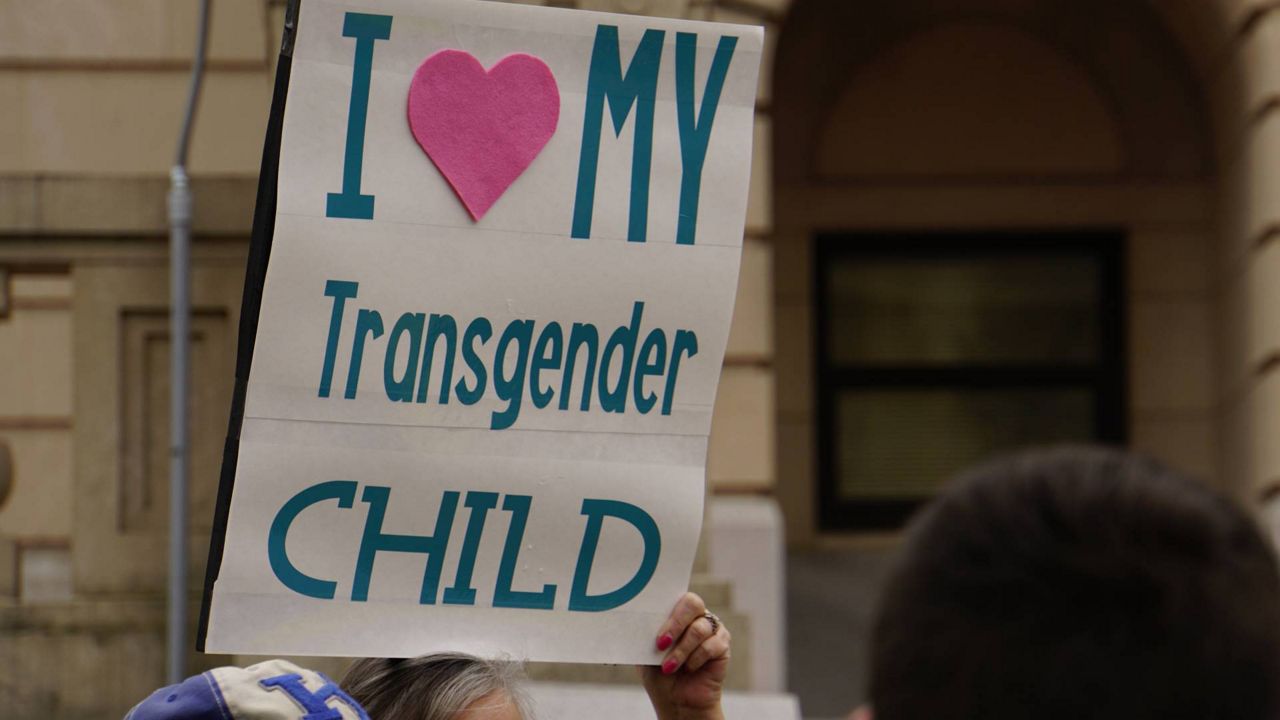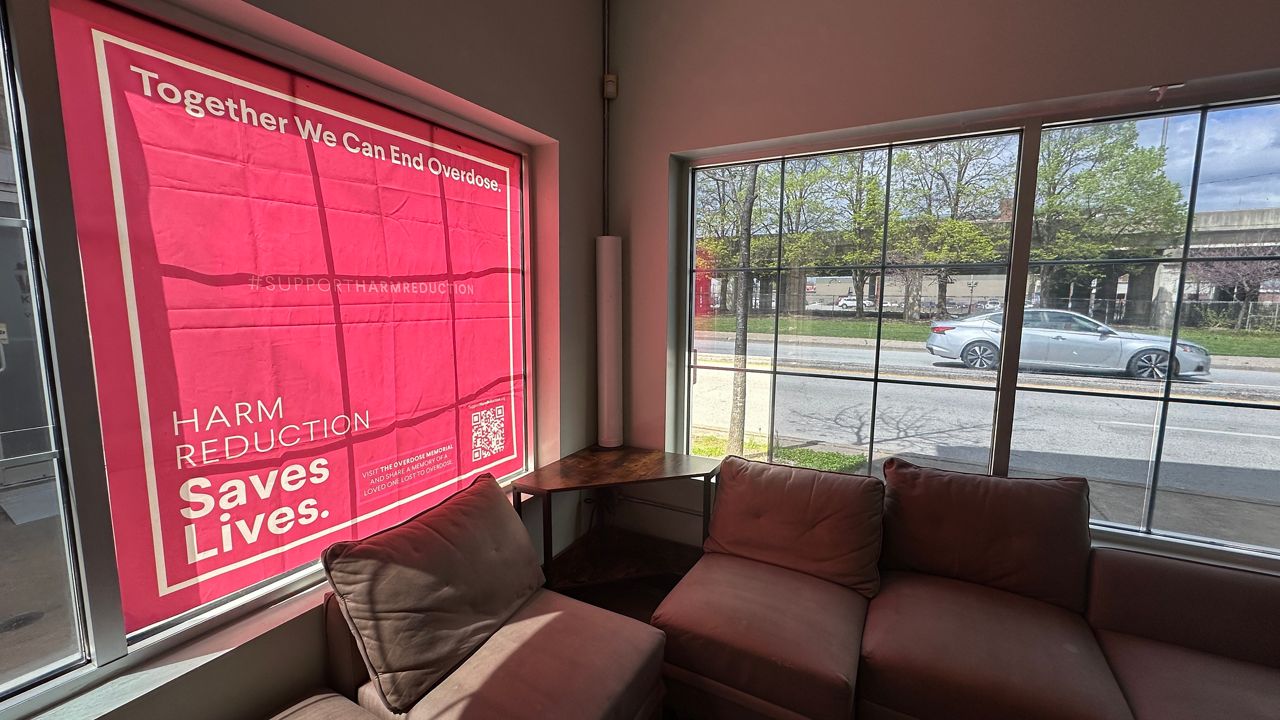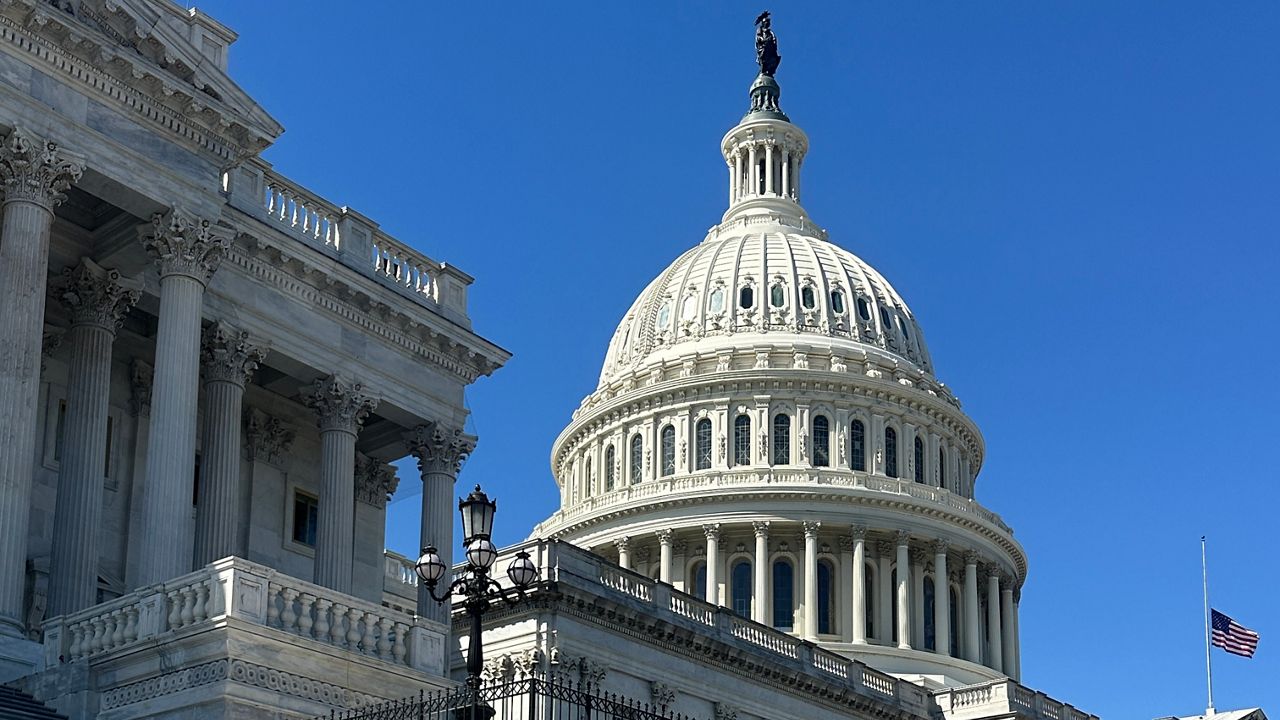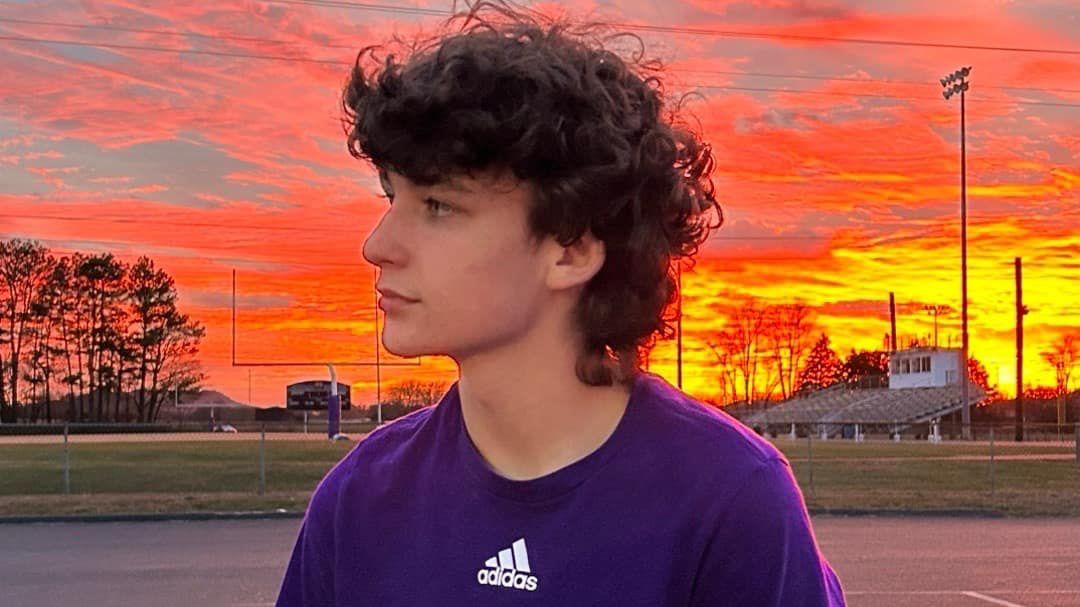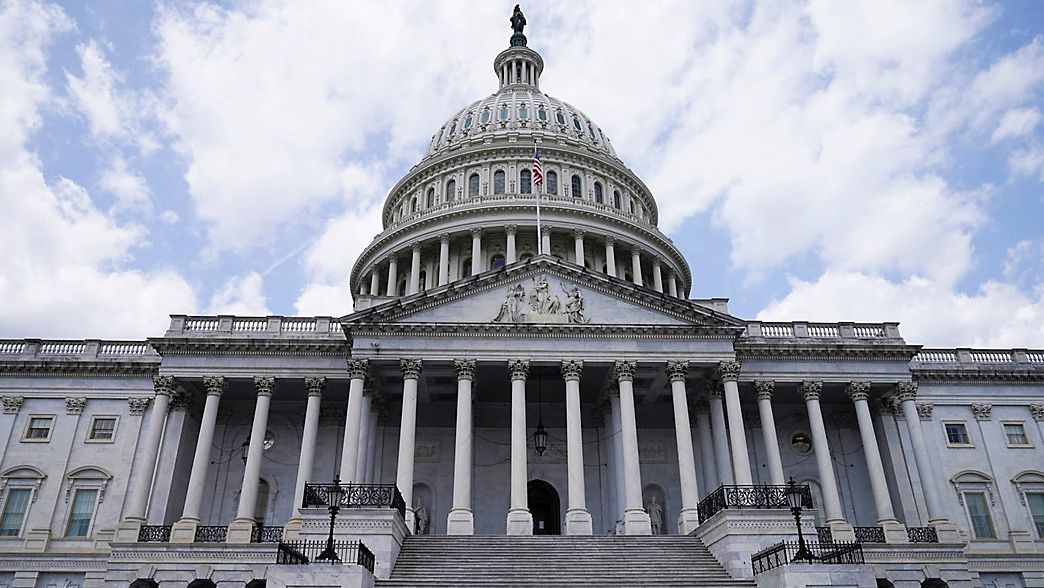LOUISVILLE, Ky. — The ACLU of Kentucky and National Center for Lesbian Rights are suing to block portions of a controversial bill aimed at transgender youth in the state.
In a news release Thursday, the advocacy organization announced that it was challenging Senate Bill 150, which prohibits gender transition services for minors, requires schools to set explicit rules regarding bathroom use and gender, and bars schools from teaching about sexual orientation or gender identity. They are seeking to block the portion of the bill that bans what they said is “medically necessary health care for trans youth in Kentucky.”
The two groups said the law is part of a “national effort to target trans and nonbinary people,” and that it was not based on science, best practices or the support of leading major medical groups.
“Under the Constitution, trans youth in Kentucky have the right to medically necessary care. We are filing litigation today to protect against this imminent threat to their well-being and make certain they can thrive by continuing to receive medical care,” said Corey Shapiro, legal director with ACLU-KY.
“Parents, not the government, should make medical decisions for their children,” said NCLR Legal Director Shannon Minter. Minter added that the law was “dangerous,” and “intrudes on family privacy and prevents doctors from doing their job.”
The GOP-led state legislature passed SB 150 into law by using their supermajority in both chambers to override a veto from Gov. Andy Beshear. In justifying his veto, the Democratic governor said that, “Senate Bill 150 allows too much government interference in personal health care issues and rips away the freedom of parents to make medical decisions for their children.” He went on to say that the law would endanger the children of Kentucky.
Supporters of the legislation said the measure was meant to protect parental rights and keep children from getting life-altering procedures.
The lawsuit, Doe v. Thornberry, was filed in the Western District of Kentucky Court and includes seven families as plaintiffs in the case.





